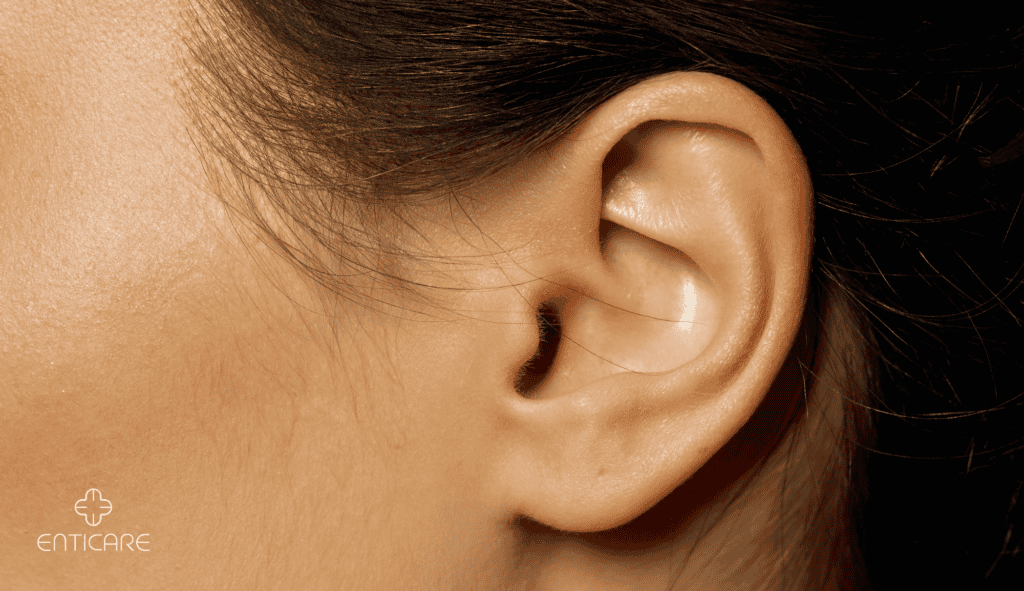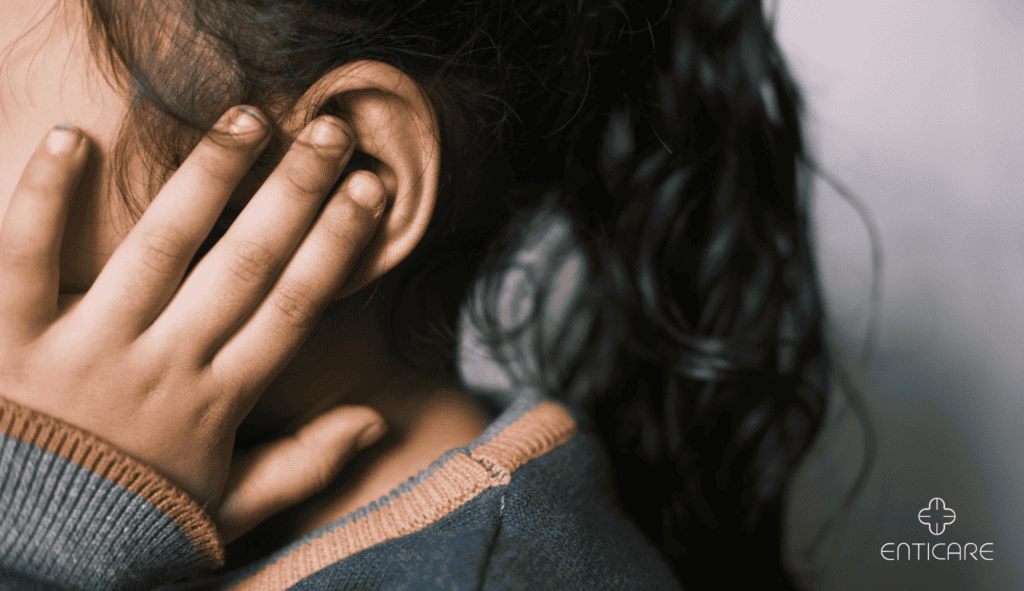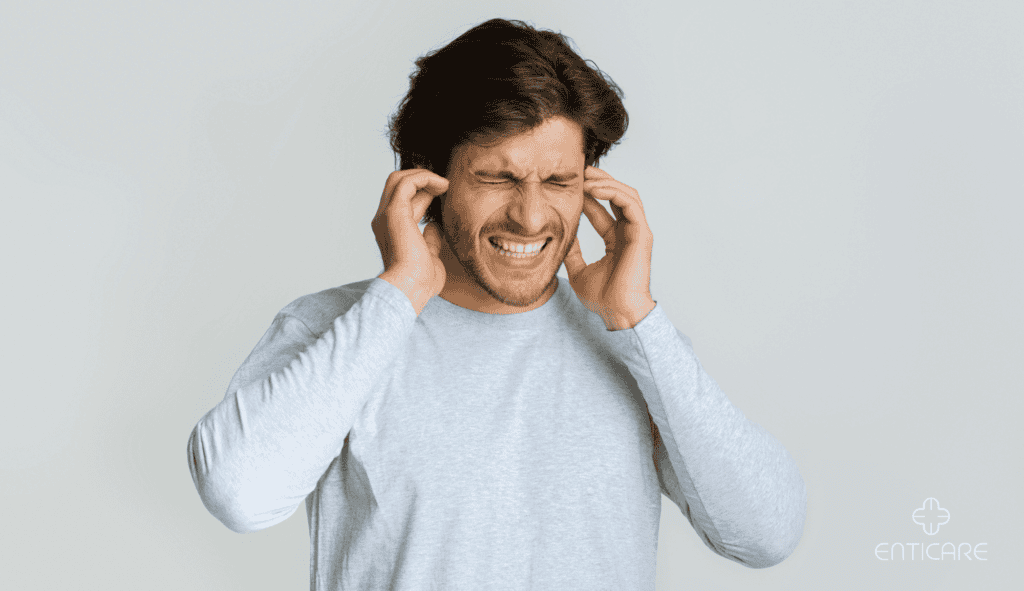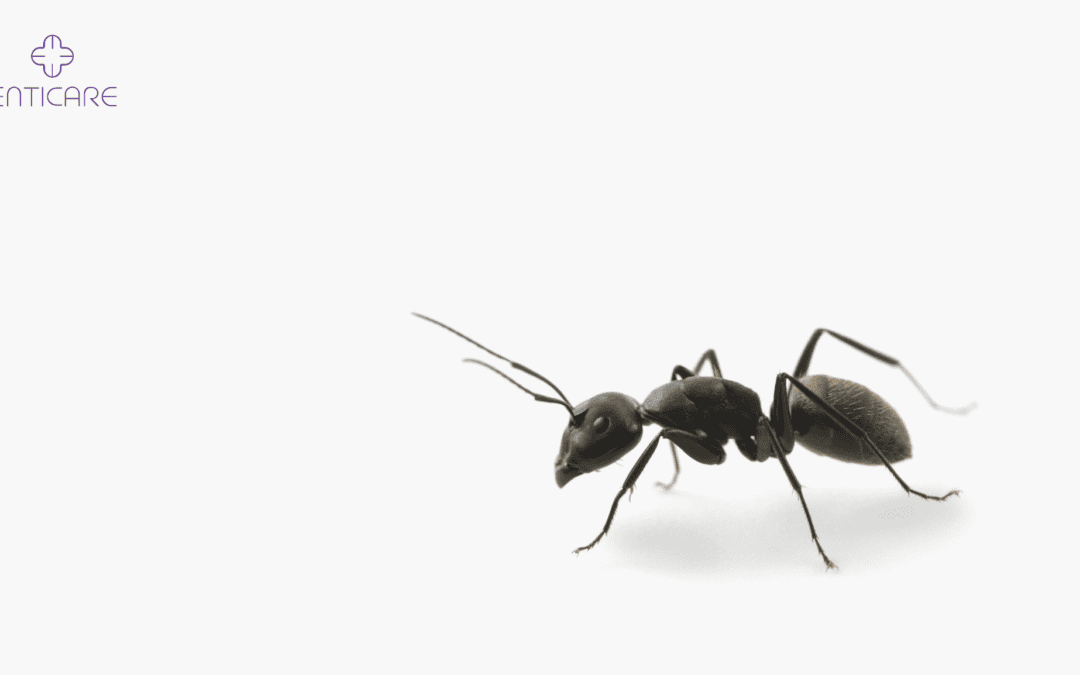Why Bugs Enter Ears
Bugs finding their way into human ears might sound like a horror story, but it’s more common than you think. Understanding why this happens and how to respond can make the experience less frightening.

Common Scenarios
It’s not just a campfire horror story-bugs often find their way into our ears while we sleep outdoors, hike, or explore nature. Children are particularly at risk of child’s ear insects when playing outdoors or sleeping. Their attraction to dark, warm spaces makes the ear canal a prime spot. Understanding these common scenarios can help you stay informed and prepared.
Anatomy of the Ear Canal and Bugs
The ear has three sections: outer, middle, and inner. Most bugs get trapped in the outer ear canal, where they might cause discomfort. If a bug reaches the middle ear, it could lead to serious complications such as infections or ruptured eardrums.
Immediate Concerns
A bug in the ear can cause pain, hearing issues, or anxiety. Addressing it quickly and safely is crucial to avoid complications.
Learn about ear anatomy and its vulnerabilities.

Recognizing the Signs of a Bug in Your Ear
Physical Symptoms
- Persistent buzzing or movement inside the ear
- Sudden sharp pain or discomfort
- Temporary hearing loss on the affected side
- Foul smell or drainage from the ear
Behavioral Clues
- Irritability in children or pets, often coupled with head tilting
- Difficulty concentrating due to noise or sensation
- The feeling of fullness or blockage in the ear
- If a child develops signs such as fever or foul drainage, it is important to contact a healthcare provider
Potential Complications Including Severe Pain
Leaving a bug in your ear untreated can lead to scratches, inflammation, or even infections. This knowledge should instill a sense of caution and responsibility, motivating you to seek early detection and treatment.

Safe and Immediate Actions to Take
Staying Calm and Avoiding Panic
Panicking can worsen the situation by causing sudden movements. Calm breathing helps you focus on practical actions.
Gentle Removal Techniques Using Vegetable or Baby Oil
- Tilt Your Head: Let gravity work by tilting the affected ear downward and gently shake the head to encourage the insect to come out.
- Use Light: Shine a flashlight near your ear; bugs often move toward light sources. Gentle head shaking can help avoid pushing the insect further in.
- Apply Oil: A few drops of vegetable or baby oil can immobilize or suffocate the insect.
When to Seek Professional Help
If the bug remains or causes pain, visit a healthcare provider. ENT specialists like those at Enticare can safely remove it.
What Not to Do with a Bug in Your Ear
Avoid Using Objects to Remove It
Cotton swabs or tweezers can push the bug further inside or damage the ear canal.
Risks of Pouring Harmful Liquids
Avoid alcohol or hydrogen peroxide, which might irritate the ear further or harm sensitive tissues.
Common Mistakes and Their Outcomes
Mistakes such as excessive poking or delaying professional help can lead to complications, including infections or hearing loss. Improper removal techniques can also cause ear problems such as infections or hearing loss.
Prevention Tips to Avoid Bugs in the Future
Protecting Your Ears Outdoors
- Wear earplugs while camping or sleeping in open areas.
- Use insect repellent around your ears to deter bugs. Applying bug repellent around a person’s ear can help prevent insects from entering the ear canal.
Creating Bug-Free Environments
- Keep your sleeping area clean and free from food crumbs.
- Use mosquito nets in high-risk zones.
Recognizing High-Risk Situations
Learn to identify bug-prone areas, such as dense forests or stagnant water sources, and take precautions.
Key Takeaways
- A bug in your ear can cause discomfort but is usually treatable with proper care.
- Avoid panic and use safe techniques to remove the bug.
- Seek professional help if home remedies don’t work or symptoms persist.
- Take preventive measures, such as wearing ear protection and keeping your environment clean.
Conclusion: Prioritize Your Ear Health
A bug in the ear can be unsettling, but knowing how to respond makes all the difference. Feel free to reach out if you experience persistent discomfort or need professional assistance.
Schedule an appointment with Enticare for expert care and peace of mind.

